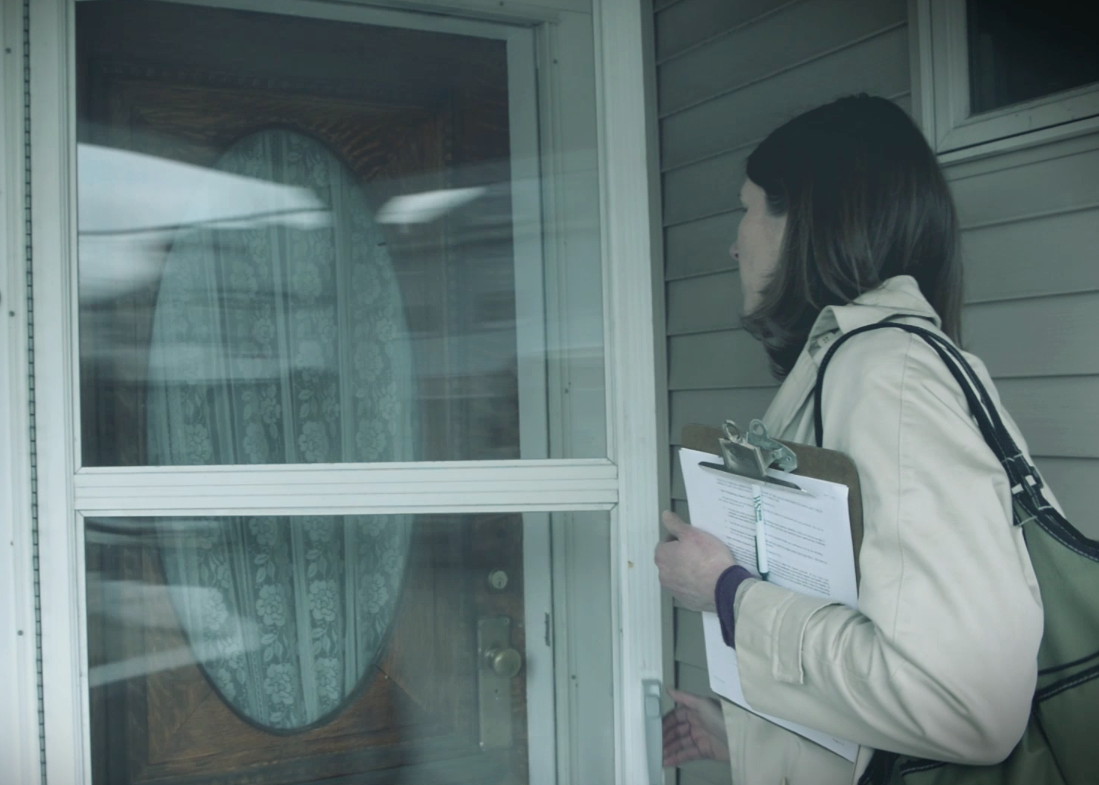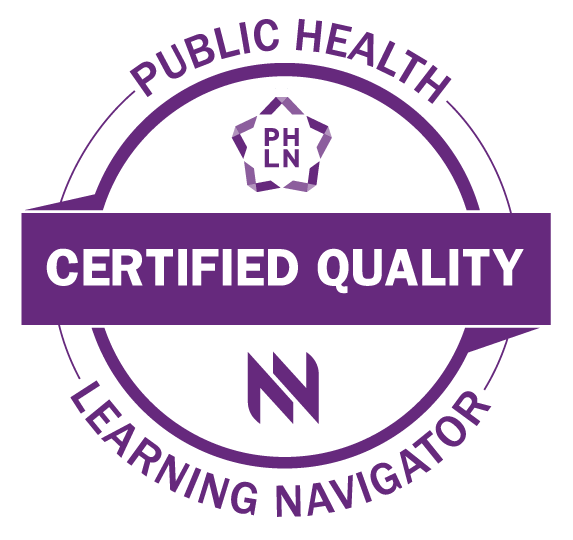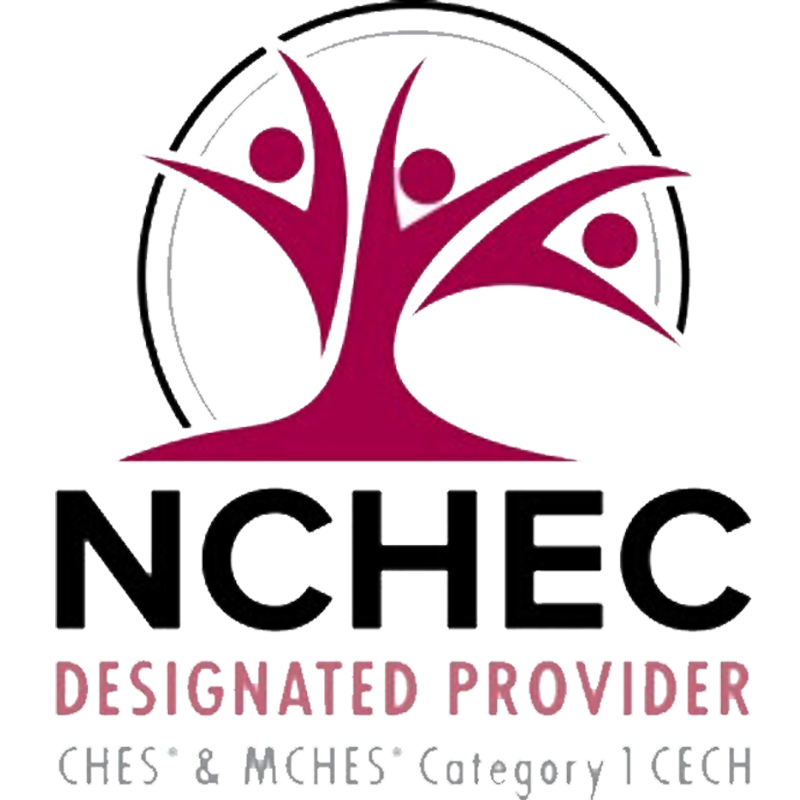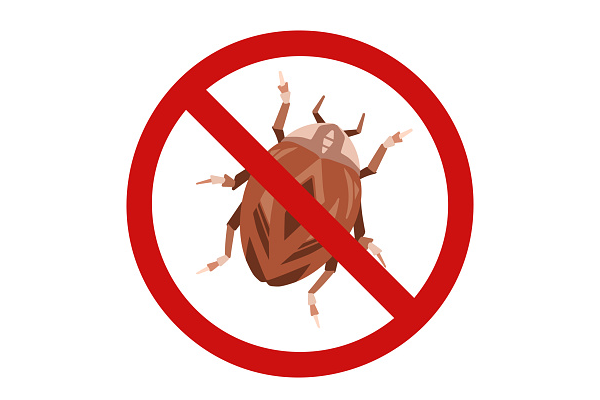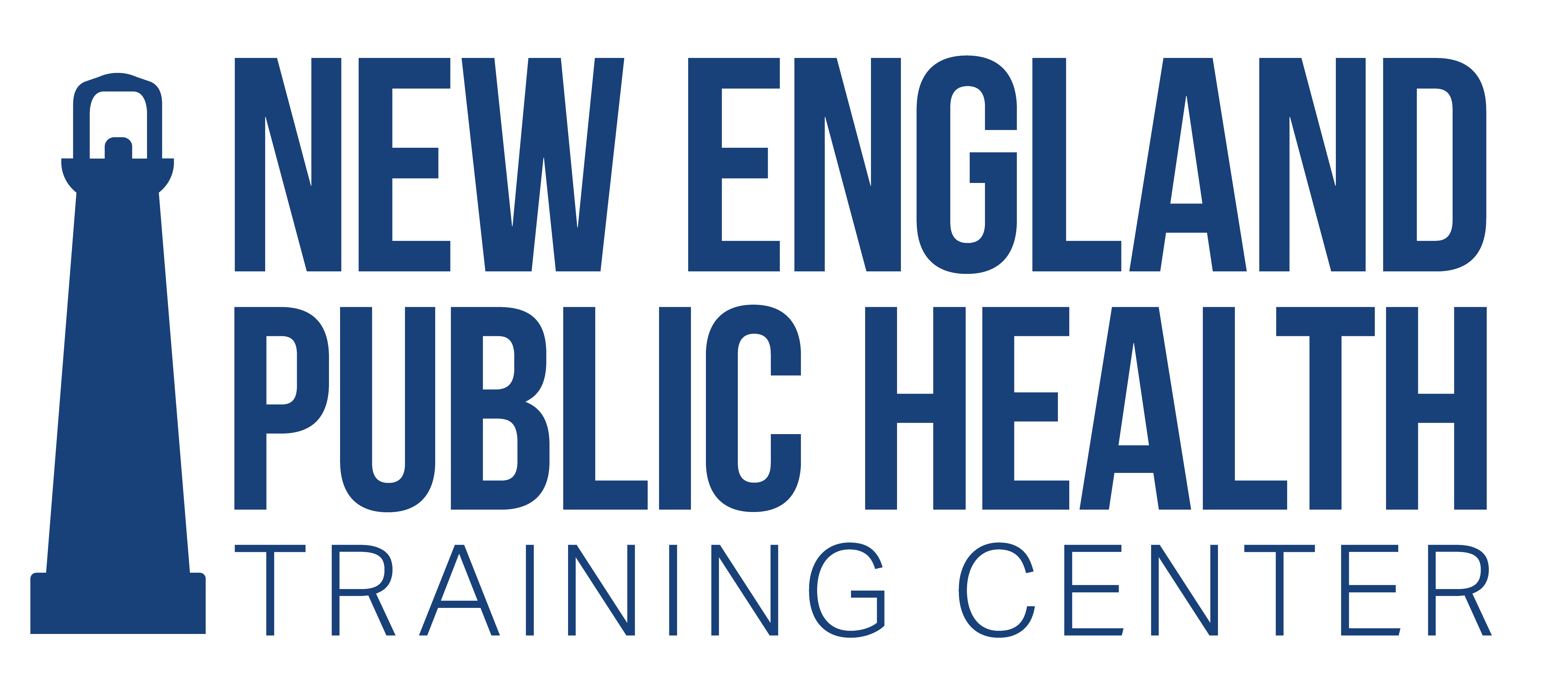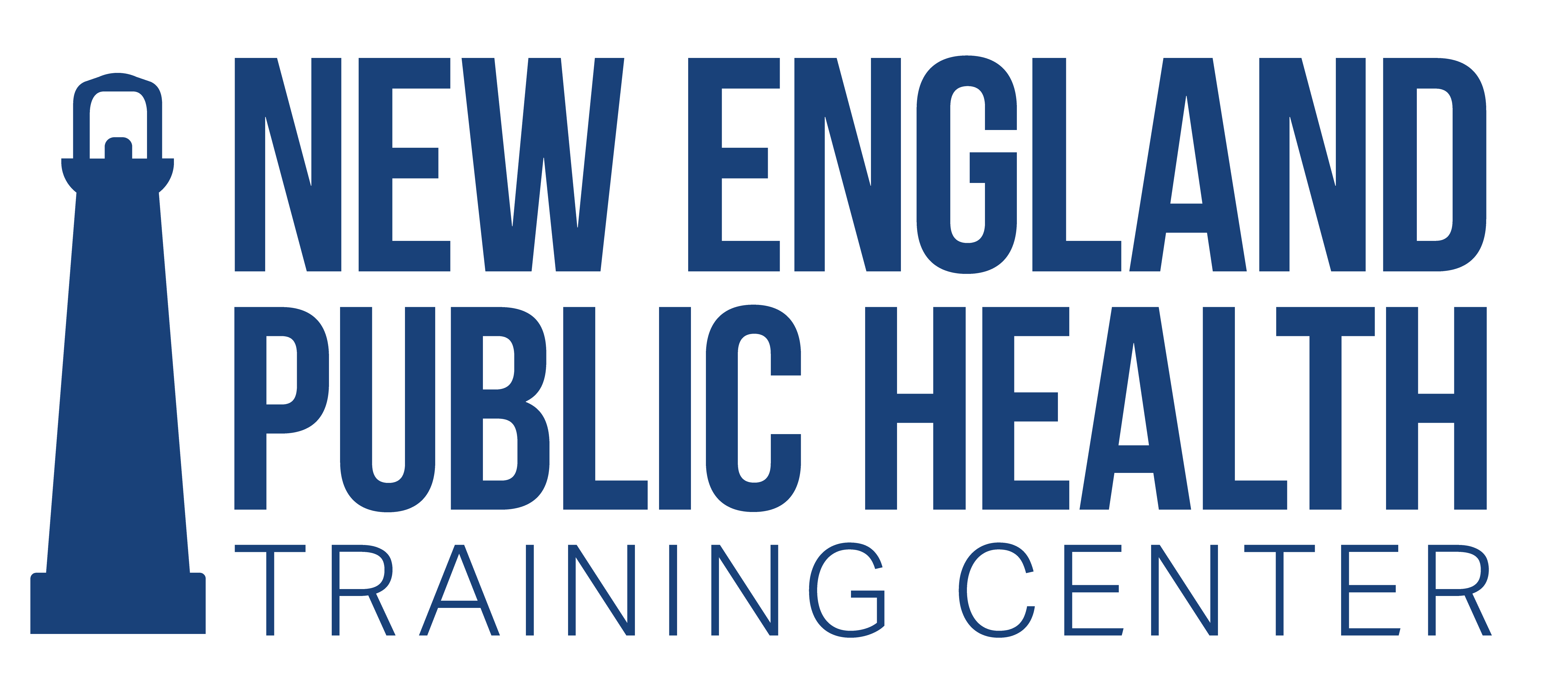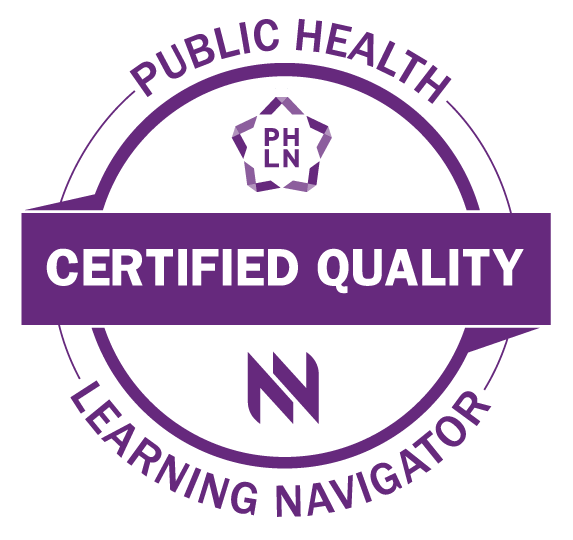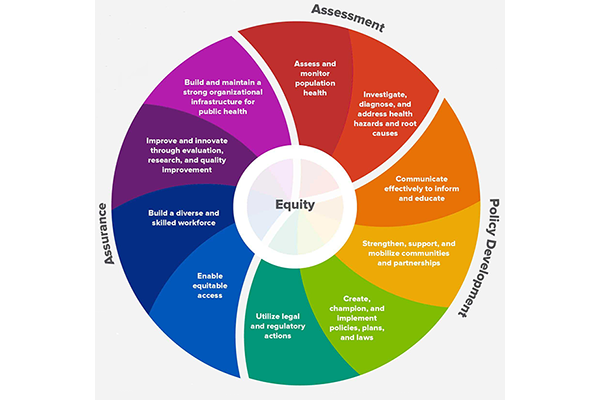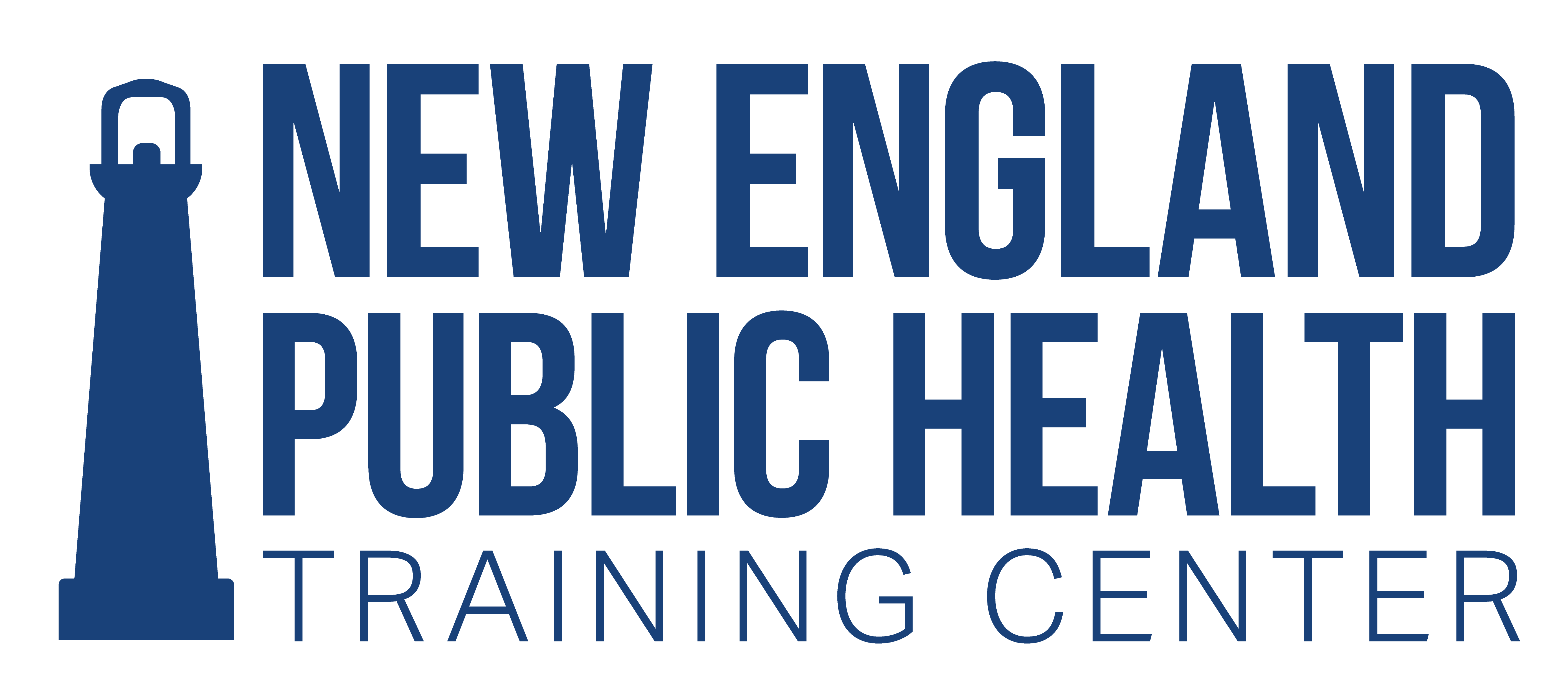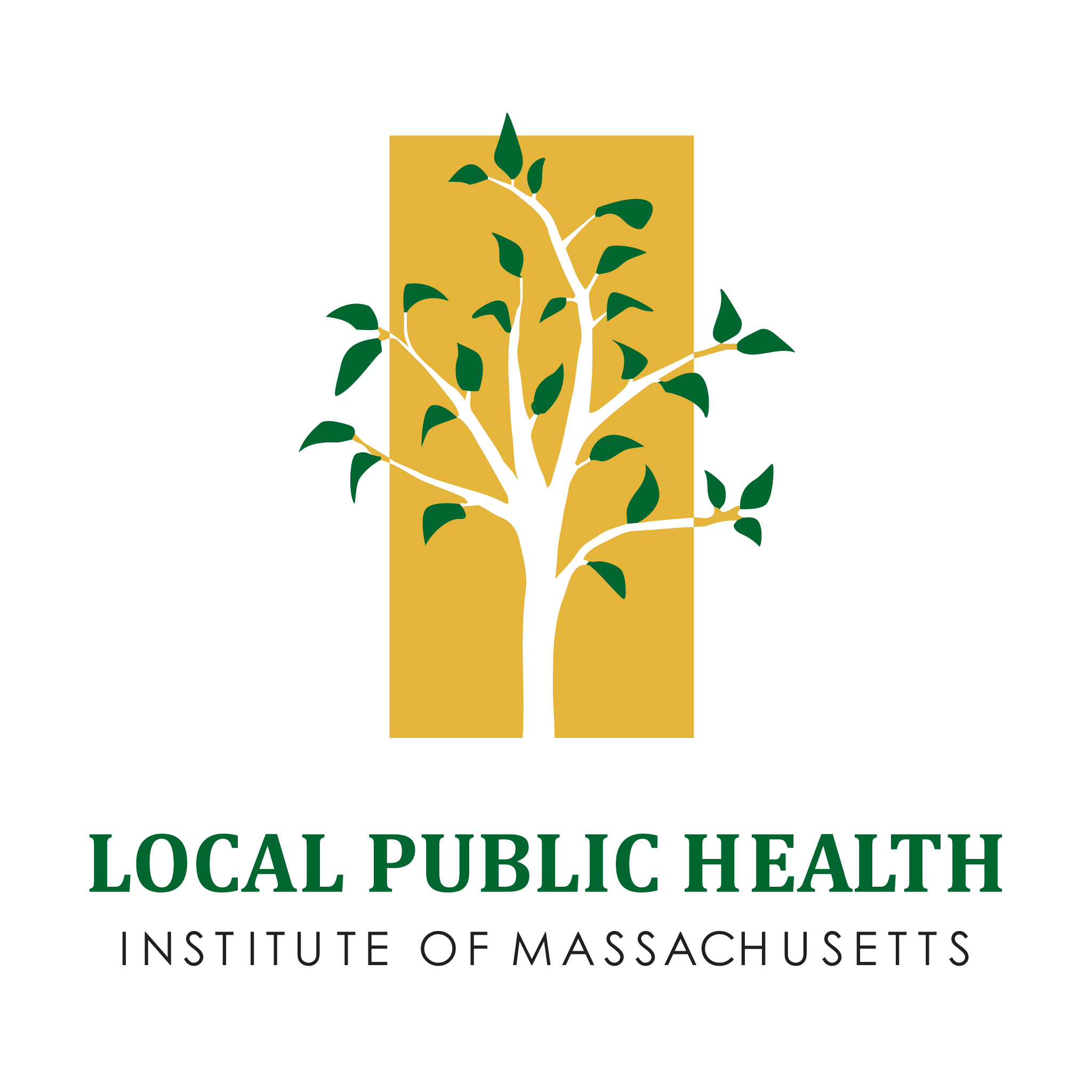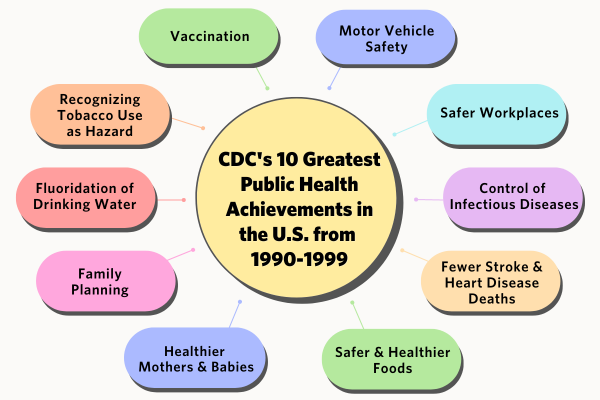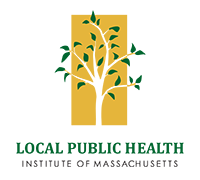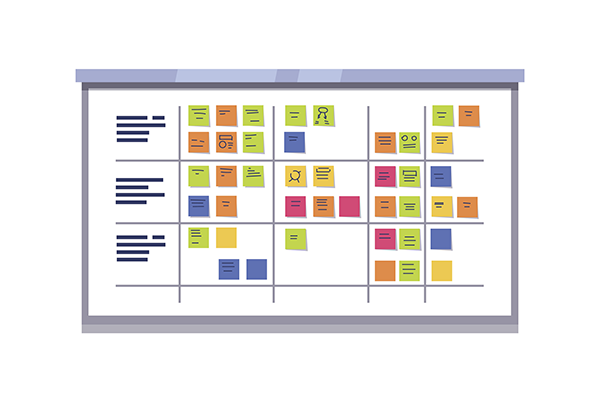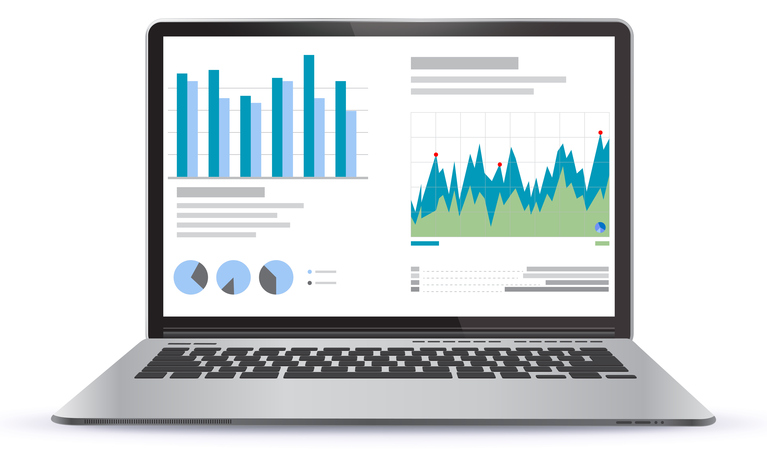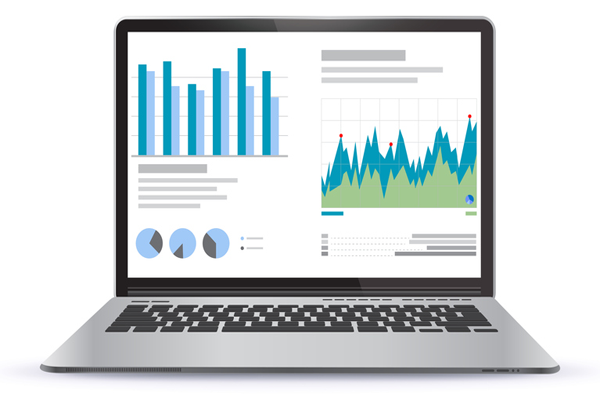
Managing Effectively in Today's Public Health Environment
How can you recruit, hire, and coach competent employees while also managing your budget? Learn how to manage all aspects of public health organizations.
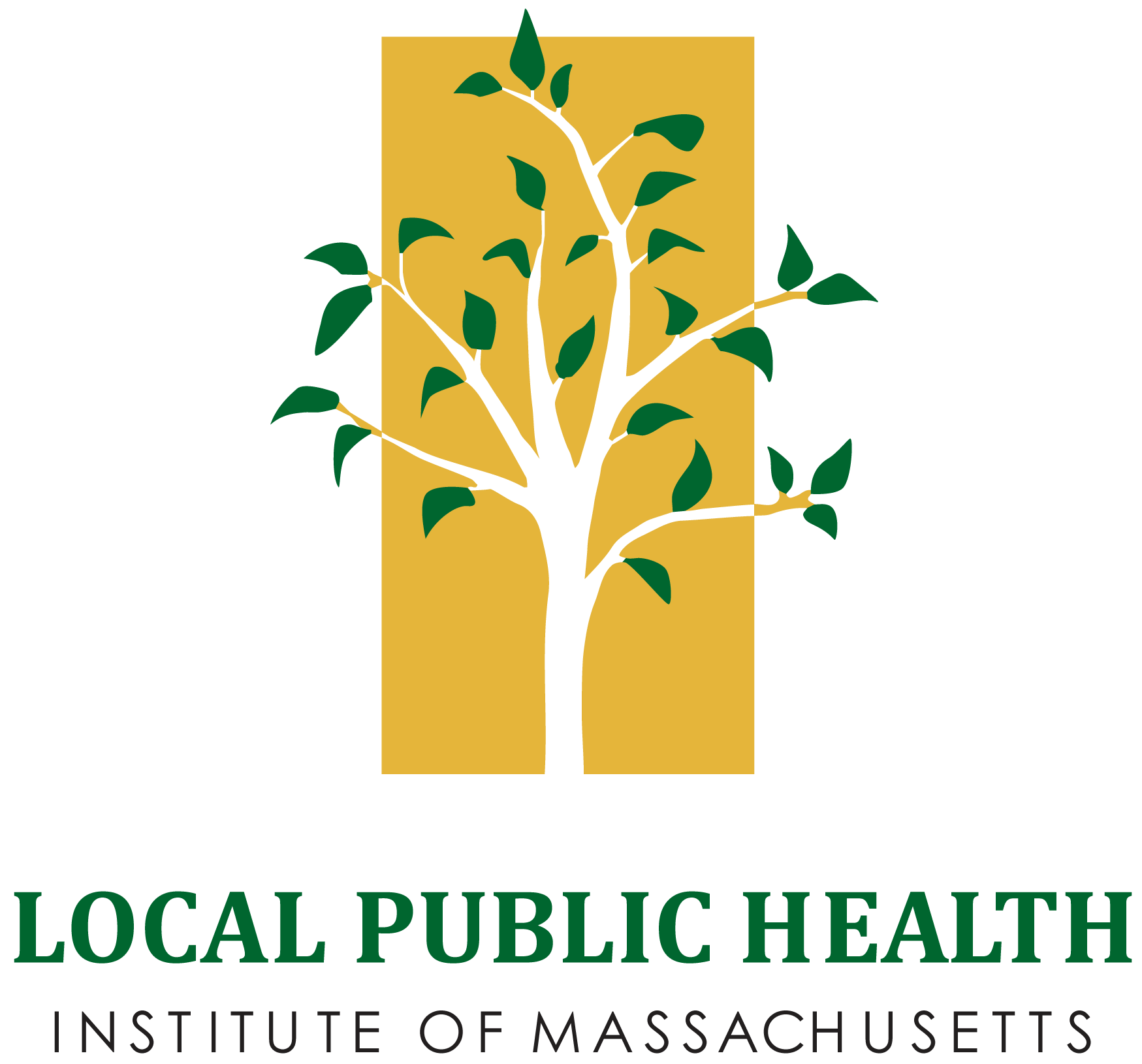
Course Information
- Audience: Heads of local or regional health departments and managers or directors in city or state public health agencies in Massachusetts
- Format: Blended
- Start Date: June 4, 2018
- Price: $100 for CLPH members, $150 for non-members
- Contact hours: 25
- Length: 18 weeks
- Effort: 3-5 hours per week
- Competencies: Management and Finance Skills
- Learning Level: Performance
- Supplemental materials: 2018 Course Overview
Pre-requisites
- Written supervisor approval
About this Course
This course is designed to strengthen the management skills of the current or future heads of local or regional health departments and managers or directors in city or state public health agencies in Massachusetts.
This is a team-based course taught in a blended format over four months. Once enrolled, you will be placed in a team and each team will be assigned a mentor. Your mentor will be an experienced public health professional who will guide your team discussion assignments.
At the conclusion of the course a graduation ceremony will be held. A certificate of completion and 25 contact hours will be issued once you submit the final post test and course evaluation. Self-paced modules that you completed as part of the course offer additional certificates and credits.
What you'll learn
At the end of the course, participants will be able to:
- Explain the need and urgency to manage differently in today’s environment
- Describe new information, tools, and resources to help manage more effectively
- Demonstrate enhanced skills to better manage all aspects of public health organizations
Each week’s lesson(s) will have specific learning objectives that are connected directly to the assignments and team discussions. Lessons include optional resources for you to learn more about each topic and have instructors who are subject matter experts in their field of study.

Kathleen MacVarish
Course Director
Seth Eckhouse
Course Manager
Enrollment and Contact Hours
Note that you must first register for this course by completing a registration form (PDF). Once your registration has been confirmed, you will receive an enrollment key to access the course.
Once the final post-test and course evaluation are submitted, participants will receive a certificate of completion and 25 contact hours. Self-paced trainings completed as part of the course may offer additional certificates and credits.
DISCLAIMER:
This training and all supporting material was supported by funds made available from the Centers for Disease Control and Prevention, Office for State, Tribal, Local and Territorial Support, under B01OT009024. Additionally, this training was supported by the Grant Number, 5U90TP116997-10, funded by the Centers for Disease Control and Prevention and the Assistant Secretary for Preparedness and Response. This project is also supported by the Health Resources and Services Administration (HRSA) of the U.S. Department of Health and Human Services (HHS) under grant number UB6HP27877.
The views and opinions expressed as part of the training and all related documents and course materials are those of the authors and do not necessarily represent the views and opinions or the official position of, or endorsement by, the Centers for Disease Control and Prevention, its Public Health Emergency Preparedness Program, the Office of Assistant Secretary for Preparedness and Response (ASPR) Hospital Preparedness Program, or that of HRSA, HHS or the U.S. Government.


